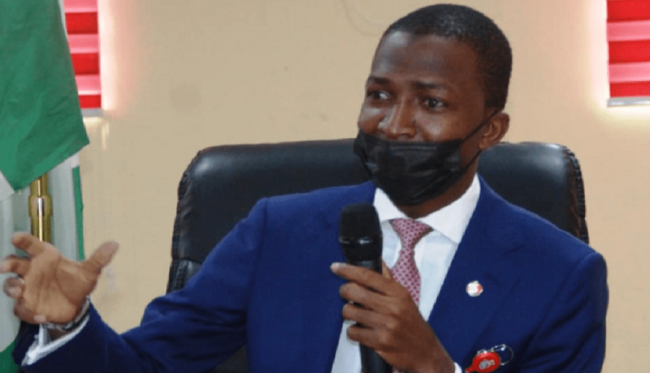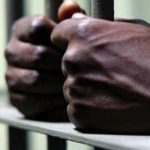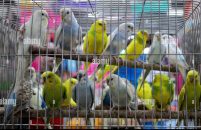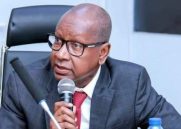

The Chairman of the Economic and Financial Crimes Commission (EFCC) Abdulrasheed Bawa yesterday informed Justice Christopher Balogun of the Lagos State High Court in Ikeja that the Commission did not need to receive a petition against a suspect to activate its to investigate crimes.
Bawa gave this explanation while being cross-examined by the lawyer of an oil firm, Nadabo Energy Limited and its chairman, Abubakar Peters, who is standing trial before the court over an alleged N1.4 billion oil subsidy fraud.
The EFCC is prosecuting Abubakar and his company on a 27-count charge of allegedly using forged documents to obtain the sum of N1, 464,961,978.24 from the federal government as oil subsidy, after allegedly inflating the quantity of Premium Motor Spirit, PMS, purportedly imported and supplied by the company.
Read Also: Police Arraign Chinese For Allegedly Defrauding Employer of N72.7m
The EFCC boss, who was the fifth prosecution witness in the matter was asked by the defence counsel, Osagie Isiramen if the anti-graft agency could just investigate an individual without a petition directly accusing the person of the alleged fraud?
He answered in the affirmative.
Bawa then quoted Section 7 (b) of the EFCC Establishment Act, which he claimed gives the EFCC special powers to cause an investigation involving any individual whose lifestyle is not commensurate with his source of income.”
When the lawyer asked him, who determines the measure of a person’s lifestyle?
The witness stated, “Intelligence based on what we know about the person that his lifestyle is not commensurate with his known source of income, then, the EFCC can cause an investigation to be carried out.
The EFCC Chairman further maintained that the EFCC can cause an investigation on anybody who is believed to have done something wrong against the EFCC Act.”
The witness, who had concluded his examination-in-chief on December 20, 2021, had earlier during the proceeding affirmed that the EFCC received several complaints, which necessitated the investigation of the subsidy regime.
Isiramen had sought to know whether the petition by Dino Melaye on behalf of the Civil Society Organisations, CSOs, was what prompted the investigation.
But Bawa said that it was not the only one, but it formed part of several complaints received by the EFCC, including one from the then Minister of Petroleum Resources, and another from the Femi Falana Chambers.
Isiramen also asked him, whether the defendant was mentioned anywhere in the petitions and whether it was the NNPC that was the subject of the allegations?
Responding, Bawa insisted, “We just did our investigation acting on the petition.”
The witness further testified that the bulk of the findings during the investigation was from several documents received from the PPPRA and Enterprise Bank, among others.
He was, thereafter, confronted with Exhibit B, the certified true copy of the booklet about the transaction in question, which the EFCC received from the PPPRA, and Exhibit W, a copy of a booklet for the same transaction, which the EFCC received from the defendant.
Going through all the pages, he said: “Some are genuine, while some are not, as confirmed by our investigation.”
Bawa, thereafter, went through all the copies and pointed out each page, which investigators concluded were either genuine or contained false information.
“We have tendered our documents in this matter,” he added.
Justice Balogun has adjourned the matter to May 17 for the continuation of the trial.






















